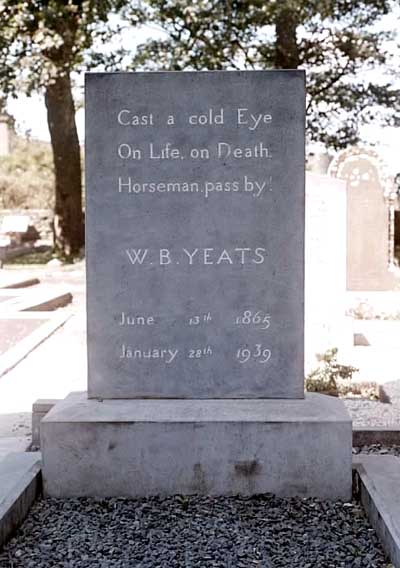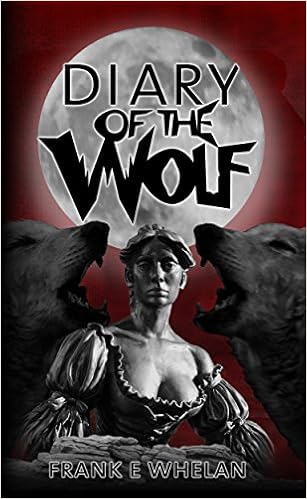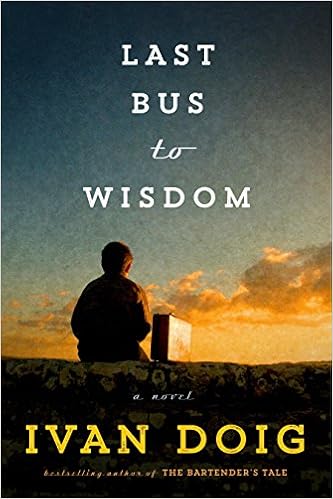Ah, women.
A fickle bunch. Especially the mentally unstable ones.
As if things are not bad enough for Graham Dwyer, now serving a life sentence for murdering child minder Elaine O'Hara, he's been jilted. His girlfriend has left him for another thug.
Victoria Andreenkova garnered all the attention she was seeking when she declared that she was the girlfriend of Mr. Dwyer. She was visiting him in prison, wearing the sexy outfits he liked. The prison authorities did not much care for her fashion choices, however, and she was told to stop arriving in anything less than suitable clothing. She made the newspapers with that little dust-up.
| Victoria Andreenkova wants five more minutes of fame |
Having tasted the heady brew that is publicity, Ms. Andreenkova must have grown quite thirsty after the initial buzz died down. Five minutes of fame was not enough, to the detriment of Mr. Dwyer. He enjoyed her visits. He would most likely not have minded terribly much if she showed up in a wool suit, or even a track suit for that matter.
But Ms. Andreenkova took the prison's banishment to heart. She took her name from Mr. Dwyer's visitor's list.
And promptly added it to the list of the most vicious criminal in Portlaise.
She has found herself a new beau among the incarcerated. Ms. Andreenkova is madly in love with Leon Wright, who will also not be able to take her out for any kind of meal. No, their dating won't be quite so active. No walks on the beach or catching the newest Hollywood release. Just the opportunity to gaze into each other's eyes through Plexiglas.
Ah, love.
Mr. Dwyer can only sit in his cell and stew while his rival enjoys the female companionship provided by the fickle Ms. Andreenkova.
The guards are likely to grant her a bit more leeway when it comes to sartorial splendor, considering the fact that Mr. Wright was given a video game console to keep him from attacking his guards. If Ms. Andreenkova in leather calms him down, she'll be parading through the visitor's room in dead cow hide.
Where did Mr. Dwyer go wrong? Was he too passive? Too submissive?
Mr. Wright has gotten some of what he wants by being more aggressive. Perhaps Mr. Dwyer has already forgotten what it takes to be the dominant one. And he was so keen on bondage, at one time.









